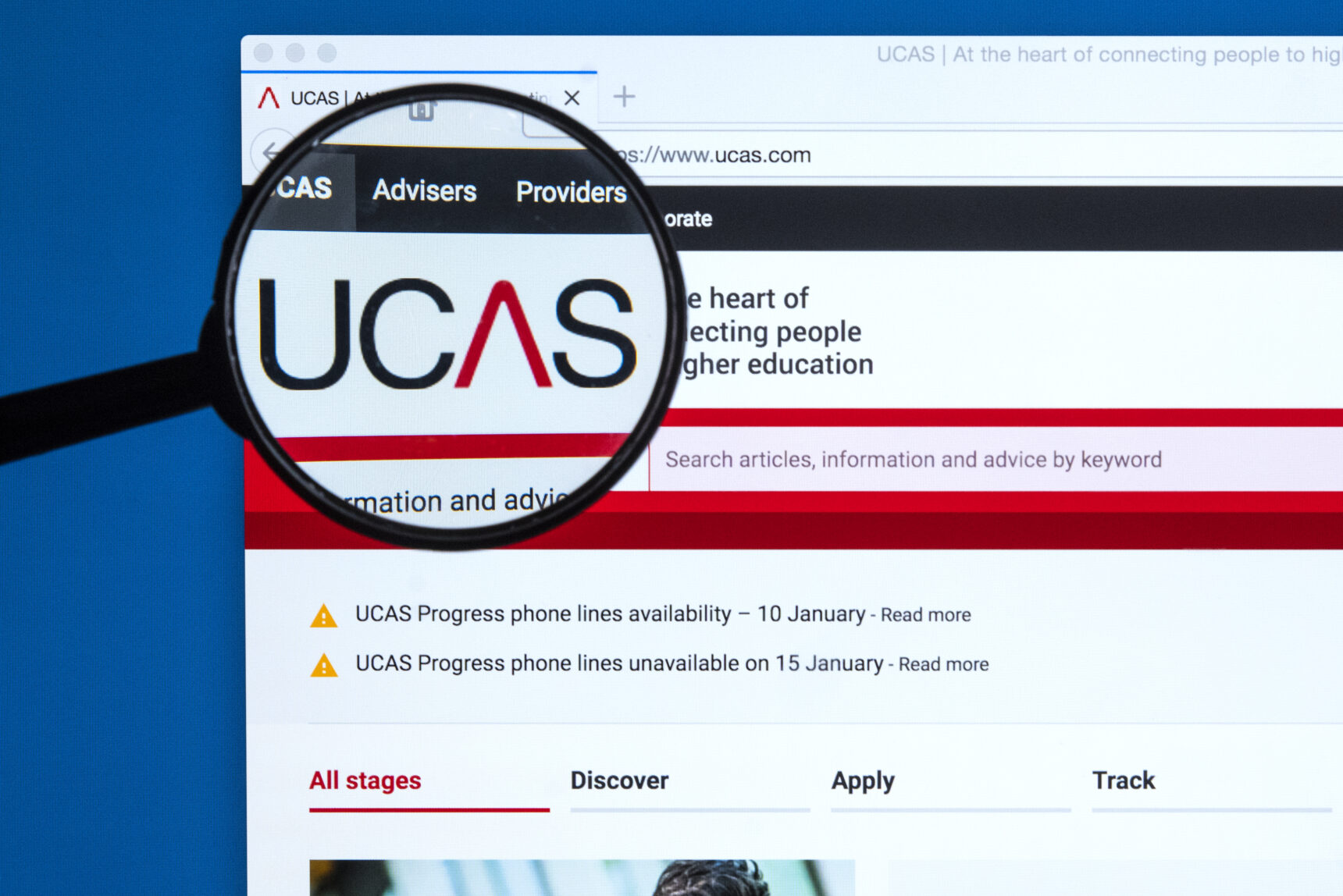Contents:
The personal statement has always been one of the most important parts of any university application. It’s your chance to showcase your passion, skills, and experiences—and to convince admissions tutors that you’re a strong candidate for your chosen course.
For 2026, the UCAS personal statement has a new structure designed to make applications clearer, fairer, and easier for universities to assess. The good news? This updated format also makes your personal statement easier to plan and write!
Understanding the UCAS Personal Statement 2026 format is key to writing a strong application. In this article, we’ll explain what’s changed and why, and show you how to make the most of the new format to create a personal statement for university that really stands out.
What’s new in the UCAS personal statement for 2026?
From 2026 entry, the UCAS personal statement is no longer a single continuous piece of text. Instead, it’s split into three separate questions. This change is designed to help you organise your thoughts and provide admissions tutors with clear, targeted answers.
The three questions are:
- Why do you want to study this course or subject?
- How have your qualifications and studies helped you to prepare for this course or subject?
- What else have you done outside of education, and why are these experiences useful?
Each question requires a minimum of 350 characters, and the overall personal statement still has a maximum of 4,000 characters (including spaces).
Keep in mind that character counts in Word or Google Docs may not exactly match the UCAS online form, so always check your answers directly in the system.
Top tip
A helpful tool is the UCAS Personal Statement Builder, which guides you through each question, automatically tracks your character count, and ensures your responses fit within the limits.
Why has UCAS changed the personal statement?
UCAS made these changes after consulting with over 1,200 students, 200 teachers, and 100 universities.
The new UCAS Personal Statement 2026 format has three main goals:
- Clarity: The structured questions make it easier for students to understand what universities are looking for in a personal statement.
- Ease of assessment: Admissions teams can review applications more efficiently and fairly.
- Inclusivity: Students from different educational backgrounds—including mature applicants or those without extensive school guidance—are better supported.
Overall, the update aims to create a fairer admissions process, giving all applicants an equal opportunity to showcase their strengths and experiences.

How to approach the UCAS personal statement 2026 format
Below, we outline the new questions and give some ideas of what you might include for each. These are just starting points; you certainly don’t need to include everything we suggest.
Expectations can vary between universities and courses. Be sure to check any specific guidance from the universities you’re applying to and focus on what’s most relevant to you and your chosen course.
1. Why do you want to study this course or subject?
This is your chance to show genuine enthusiasm and motivation. Be specific about what draws you to the course and use concrete examples of experiences, reading, or projects that inspired your interest.
For example, you may wish to talk about:
- An inspiring book, article, or podcast that deepened your interest
- Super-curricular activities such as online courses, MOOCs, and taster lectures
- A key role model who influenced your academic or career path
- Personal experiences, challenges, or opportunities that shaped your passion
Don’t just list what you’ve read or done—show what you think about it. Admissions tutors want to see your curiosity, opinions, and insights. Explain why something fascinated you or how it changed the way you see the subject.
It’s also helpful to link your interest to future ambitions or career goals. Which aspects of the course will help you achieve them? Reflect on the skills, values, and qualities required in your chosen field.

2. How have your qualifications and studies helped you to prepare for this course or subject?
This section is your chance to reflect on your academic journey and explain how your coursework, projects, and other formal learning experiences have helped you develop the skills and knowledge needed to succeed on your chosen course.
You might want to mention:
- Specific topics that have strengthened your understanding of key concepts relevant to your chosen degree
- Independent projects, coursework, or research that allowed you to explore topics in depth. If you undertook an Extended Project Qualification (EPQ) or carried out an independent investigation such as the Geography NEA, you could include these here.
- Transferable skills you’ve developed through your studies, like problem-solving, critical thinking, data analysis, or communication. You could also talk about group projects or presentations that have strengthened your teamwork and public-speaking skills.
- Educational achievements, such as winning a school competition that show your commitment and ability
Top tip
You don’t need to list your grades here—they’re already on your UCAS form. Instead, focus on what you’ve learned and how your skills and experiences have prepared you for university study.
3. What else have you done outside of education, and why are these experiences useful?
This section lets you showcase hobbies, volunteering, work experience, or extracurricular activities that further demonstrate your skills and qualities. Focus on reflection—what did you learn, and how will these experiences help you succeed on your chosen course?

You might want to include:
- Work experience or volunteering that gave you real-world insight into your subject, e.g., shadowing a healthcare professional, assisting in a classroom, or volunteering at a charity
- Part-time jobs or responsibilities
- Extracurricular activities or clubs, such as sports teams, music groups, or student societies
- Hobbies and personal projects
- Competitions, awards (e.g. The Duke of Edinburgh Award), or community involvement that demonstrates commitment and achievement outside the classroom
- Post-education activities such as employment, training courses, volunteering, or personal projects undertaken after leaving formal education—especially relevant for mature students
When writing this section, don’t just list what you’ve done—reflect on what you learned and how the skills and qualities gained are relevant to your chosen course.
Top tips
- Admissions staff read your responses as a single statement, so avoid repeating the same information across different questions. Each answer should add something new.
- Sometimes an example could be relevant to more than one section. The key is to explain why it’s relevant to your application and what you learned from it, rather than worrying too much about exactly where it goes.
The new UCAS personal statement 2026 format makes it easier than ever to structure your application and present your experiences and skills clearly. By planning carefully, reflecting on your experiences, and answering each question thoughtfully, you can craft a compelling personal statement that impresses admissions tutors and demonstrates why you’re a strong candidate for your chosen course.
For more guidance on writing a standout personal statement for university, check out our 10 personal statement tips article to help you plan, draft, and proofread your statement with confidence.
UCAS also has the following helpful guides:







Comments